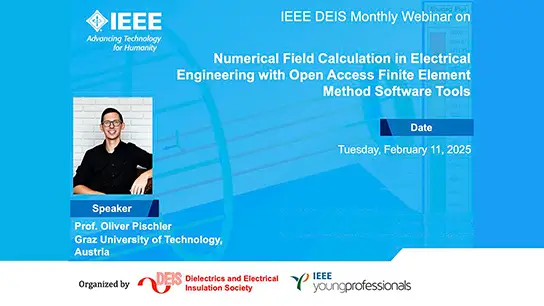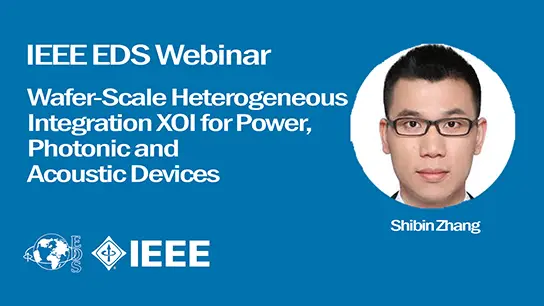Environmental Compatibility - A New Key Performance Indicator of Multi-Objective Power Electronics Design-Slides
Jonas Huber & Johann W. Kolar
-
Members: FreePELS
IEEE Members: $8.00
Non-members: $12.00Pages/Slides: 52
Abstract:Transitioning to a Net-Zero-CO2, all-electric system necessitates a significant expansion of electric grid infrastructure and widespread adoption of power electronic converters and energy storage systems. Given the typical 20-year lifespan of these converters, many installed today will require replacement by 2050, aligning with the global Net-Zero-CO2 target. This timing poses substantial challenges, including potential depletion of critical raw materials and significant environmental waste generation. The presentation will address these issues by introducing specific metrics for assessing the environmental impact of power electronic converters. It will explore the principles of Life Cycle Analysis and the shift from a Linear to a Circular Economy, which aims for sustainability by minimizing environmental impacts. The discussion will highlight how the design of power electronic converters, such as those used in EV chargers and PV inverters, can be optimized for enhanced repairability, reusability, and recyclability. These designs will reduce the dependency on critical materials and toxic substances, thereby curbing waste. Lastly, the presentation will outline a roadmap for incorporating environmental considerations into the power electronics design process. This approach ensures that power electronics, essential for achieving a Net-Zero-CO2 society, are fully compatible with a Circular Economy as early as possible, facilitating a sustainable technological evolution.


